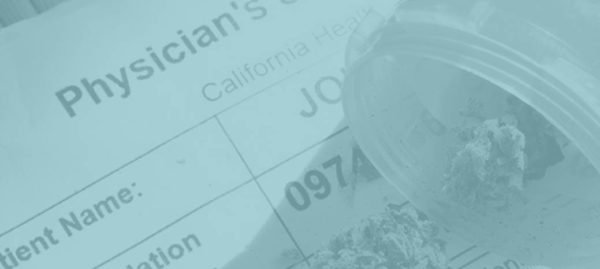
Every year, liquor permit holders must renew their permits with the Division of Liquor Control and pay a renewal fee. Depending on where your business is located, your renewal date will be either February 1, June 1, or October 1. Generally, liquor permit businesses in Central or Eastern Ohio are renewed on February 1, businesses located in Western Ohio are renewed June 1, and those that are located in Northeastern Ohio are renewed October 1. If you are unsure or our liquor permit renewal date, check out this map for additional information.
On its face, the liquor permit renewal process appears simple enough. You receive a renewal application in the mail, fill it out, and then mail the application back to the Division of Liquor Control along with a check for the required amount of money owed. But it’s not always that easy. Liquor permit holders must be aware of the impact sales and withholding tax delinquencies can have on the renewal of their liquor permits.
After submitting their renewal application, some liquor permit holders receive a notice called a Tax Non-Renewal Order. You see, before the Division of Liquor Control will approve the renewal, it consults with the Ohio Department of Taxation to make sure the liquor permit holder is current with all sales and withholding taxes owed to the state. If the tax department informs the Division that a permit holder is delinquent in filing sales or withholding taxes, liable for outstanding tax, penalties, or interest, or have been assessed for unpaid taxes, then Ohio law provides that the Division shall not renew that liquor permit until the delinquency, liability, or assessment is resolved. If these outstanding items are not resolved, by a specific deadline, then that permit will not be renewed, and it will be illegal for that business to sell alcohol.
This is when consulting with a knowledgeable liquor attorney can be extremely valuable. A liquor attorney can assist you in filing an Appeal of the Tax Non-Renewal Order and request a hearing before the Liquor Control Commission to address the renewal of your liquor permit. A liquor attorney can also help you obtain a Stay of Execution on the Tax Non-Renewal Order, meaning you will be able to continue to utilize your permit privileges and sell alcohol while you await your hearing date. During this time, you and your attorney will want to communicate with the Department of Taxation to find out exactly what is owed. If you are unable to pay off the entire balance at that time, then a liquor attorney can also assist you in negotiating a payment plan with the Tax Department. If a payment plan is agreed upon, then your liquor permit will be renewed on the condition that you make timely payments each month.
The moral of the story is that it is important to always stay on top of paying your sales and withholding taxes. Missed payments can lead to costly penalties that end up putting a heavy financial burden on your business, or worse, you could lose your liquor permit. By filing and paying your taxes every month, you avoid having to worry about these kinds of issues, and ensure that your annual liquor permit renewal process is a breeze.






I was charged with Domestic Violence in 1999 and 2000. Can I still take out a liquor license?
A criminal conviction is not an automatic bar to obtaining a liquor permit. Feel free to call or email me if you’d like to discuss your specific case in more detail.